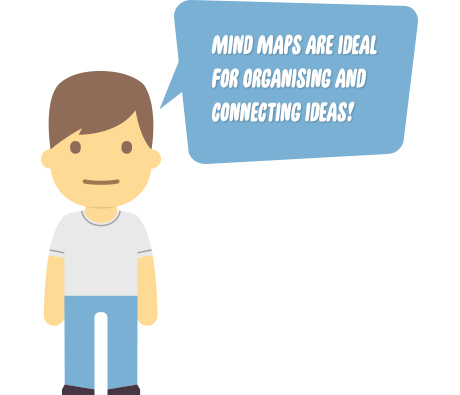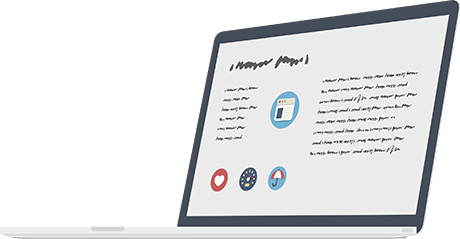The Basis of Learning
Although it is possible to learn through other channels, reading remains the foundation of learning. During your time at university, the study resources are quite broad which means you will have to dedicate plenty of hours to comprehensive reading.
Although it may seem that there is no difference in the way everyone of us reads, the reality is that reading is something you can practice and improve. This can be key fact for college students who are under the pressure of exams and need to make the most of their time.
Below we decompose reading in 4 main areas and share reading techniques that will help you succeed.
Sign Up Now to Improve your Learning
4 Key Areas
On average, an adult reads about 200 words per minute while that figure rises to 325 words per minute on average for college students.
However, that amount is far from our potential, which in some cases is above the 400 words per minute. If you manage to reach this amount, you will read 25% more than your classmates thus saving time and energy.
To do this, you should focus on the following key areas:
- Concentration
- Speed
- Understanding
- Memorisation
#1 Concentration
To carry out a productive reading session, the first thing to consider is concentration. Concentration means saying NO to multi-tasking. To read in an efficient way, your entire focus must be in doing this.
This also means finding a suitable environment, free of sounds, distractions and with the right light. Only this way can we move forward in this process.
Join Now and Focus on What’s Important#2 Speed
The key to achieving outstanding speed is to reduce the movement of our eyes when reading. The following reading techniques can help you with this:
- Focus on speed first; your level of understanding will improve with practice.
- Use a guide (finger, pen, etc.) to avoid losing your spot
- Reduce eye movement
- Increase your field of vision
- Do not read out loud to yourself; remember your brain is faster than your tongue
# 3 Understanding
Before you begin to read, you should assess what kind of text you’re facing and your end goal to determine if you really need to do a close reading or you if can just read through the text and work with the main ideas.
Once you’ve read it, ask yourself if you have met your initial goal:
- What can I remember?
- Have I answered my questions?
- How does what I read relate with what I already know?
- What have I learned?

# 4 Memorisation
Various studies show that we forget 50% of what we learn in about an hour unless we practice it or go over it regularly.
Some techniques to go with our reading and strengthen learning are:
- Taking Notes is one of the most common and effective forms of repetition
- Teaching someone else is a good way to strengthen your learning. “Teaching is learning a second time”
- Mind maps helps you put everything into perspective so you can create new connections and ideas.
- Using mnemonics is a great trick for better retaining information
 Previous:
Group Projects in University
Previous:
Group Projects in University 



